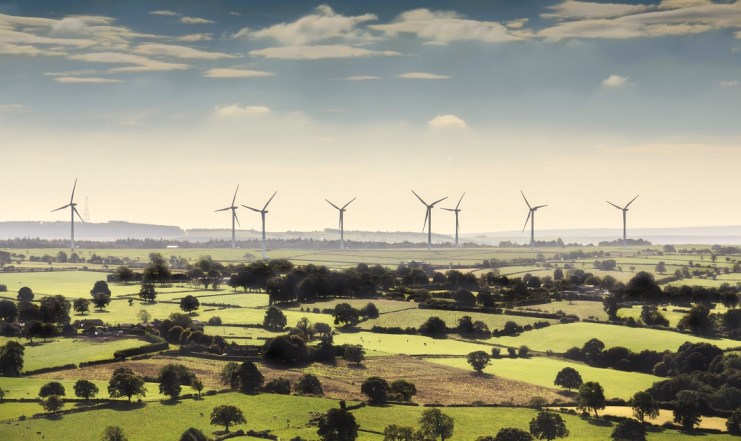Demise of coal power is end of an era, but not an end in itself

A quiet revolution occurred in the very earliest moments of this morning, probably while you were asleep. You went to bed in one sort of country, and woke up in another sort entirely.
The difference is largely invisible but undeniably huge: yesterday, the UK’s last coal power station was still operational and by this morning it wasn’t.
As of today, and for the first time in 142 years, the UK no longer generates electricity from burning coal. The Ratcliffe-on-Soar power station, near Nottingham, began producing power from coal in 1967.
Its formal closure, at a minute after midnight last night, is rightly described as “an enormously big deal – locally, nationally, internationally” by Michael Lewis, CEO of Uniper, which owns the plant.
Chris Smith, who worked at the plant for 28 years, told the BBC “it is a very sad moment,” given that he and his colleagues had for so long “been doing our best to keep it operating.”
For those of us unaffected by the immediate local impact, the closure of the plant represents an enormous moment in our national story. As recently as 2010 coal supplied just under 40 per cent of the nation’s electricity. As of today, that figure has fallen to zero – having been on a downward (some would say impressive) slide in recent years.
In its place, renewable energy now accounts for between 40 and 50 per cent of electricity generation. This turnaround, from a reliance on coal to a new reliance on renewables, is being hailed as a policy triumph and a world-leading environmental achievement, for understandable reasons.
But such celebrations are premature.
Without a truly dramatic (expensive, contentious and complex) expansion in the infrastructure and storage capacity to support renewable energy, we remain vulnerable to its vagaries. And for as long as that remains the case, gas (particularly imported gas) is ever more important.
We should also aim for a nuclear future with all the enthusiasm and zeal currently directed at wind.
The truth is it’s too early to say whether the closure of Ratcliffe-on-Soar is evidence of a policy success, or just the consequence of policy choices.
There’s a fine line between the two positions, and for now we should recognise that while the closure is certainly the end of an era, it should not be seen as an end in itself.
